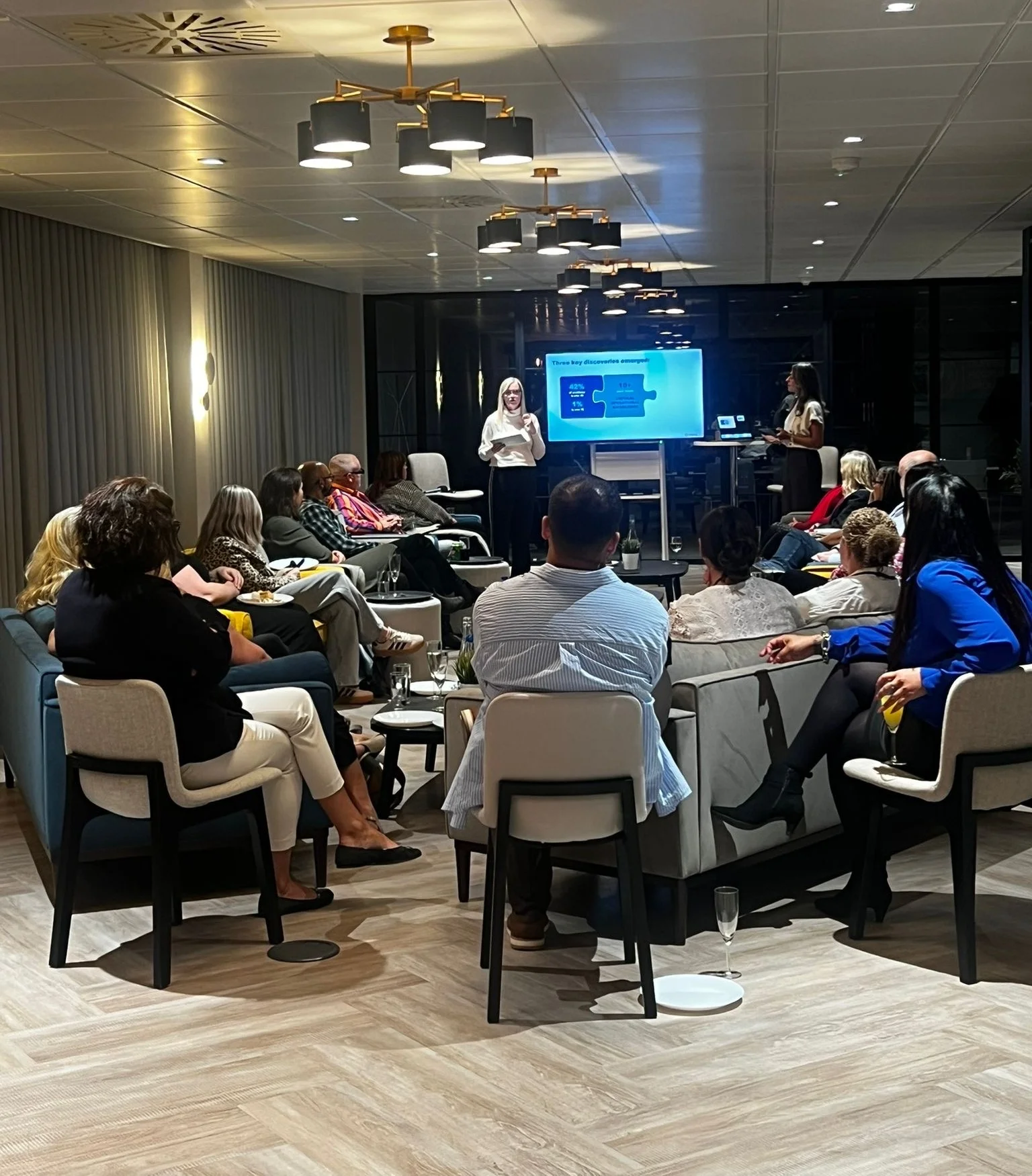
A career in tax can offer a lot of variety. There are many different roles and career routes, and professionals can choose to work in practice or in-house. But what are the differences between accountancy practice roles and working in-house?
Here, we explore the transition from an accountancy practice role to taking on an in-house tax position, and share the potential pros and cons.
What are the pros of an in-house tax role?
You’ll have the opportunity to be more focused
When you work in-house for one organisation instead of working with multiple clients, you will gain a deeper understanding of the business, its nuances and its needs. This in-depth understanding will help you deliver more effective and impactful tax strategies.
You can make a direct impact
When you work in practice, you are not employed by the companies you work with so it can be harder to have a direct influence. When you work in-house, you’re part of the team and, over time, will understand the finer details of the business. You will likely be able to directly influence the business’ financial decisions and strategies as you have been appointed as a tax professional in their team rather than someone working in practice who they have called on to advise.
You could benefit from a better work-life balance
If you’ve ever worked in an accountancy practice role, you will know that, while rewarding, the role comes with long hours and a lot of responsibility. An in-house role could offer more predictable working hours compared to a practice role. You could also benefit from more stability compared to the sometimes uncertain, client-driven practice environments.
There could be more opportunities for career progression
A corporate structure offers clear pathways for advancement and can also provide opportunities to diversify your skillset.
So, what are the cons of an in-house tax role?
You’ll need to adapt to focusing on a single organisation
The shift from working for multiple clients to focusing on a single organisation can feel restrictive for those who are used to working in practice. You will also find an in-house role demands more industry-specific knowledge, which could be daunting to begin with.
You will need to adjust to a new company culture
When you work in accountancy practice, you will work with multiple clients but won’t necessarily get to know the ins and outs of their company culture. When you work in-house, you will be an official employee and will need to get to grips with the organisation and how they work. In-house roles require stakeholder management and communication with non-financial teams which may be new to those coming from a practice environment. Be sure to open up to your line manager if you are struggling to adjust to new ways of working.
You may face operational challenges
Smaller in-house teams may mean less support compared to the resources available at larger accountancy firms. You may also find that the expectation is higher due to limited resource. In-house roles often require you to take full responsibility for the company's tax strategy and compliance, which could be intimidating initially but could prove to be a great learning curve.

How can you overcome challenges during a transition?
While transitioning to an in-house role offers many benefits, it is worth considering the cons mentioned above and how you can address any challenges to ensure a smooth transition. Here are a few ways you can take on the move with confidence.
Do your research
Be sure to thoroughly research the company before you join and ask lots of questions when you start the role. This will help you quickly embed into the business and adapt to the work culture.
Get to know your team
Schedule introductory meetings with key team members so you can understand their responsibilities and how it could impact your role.
Plan ahead
Familiarise yourself with key dates and take the time to understand when projects need to start and finish. This will help you pre-plan and stay organised.
Communicate with your manager
If you are feeling overstretched, communicate with your manager. It is important to manage expectations so stakeholders understand the progress of projects. If resources are limited, be sure to ask your manager to support with the prioritisation of tasks.
Are you interested in transitioning from an accountancy practice role to an in-house tax role? If you’d like more information on in-house tax roles, Matt Lawford, our Divisional Director in Tax, could help. Reach out to Matt via LinkedIn or email to find out more about our current in-house tax vacancies: mattlawford@workwithglee.com.



